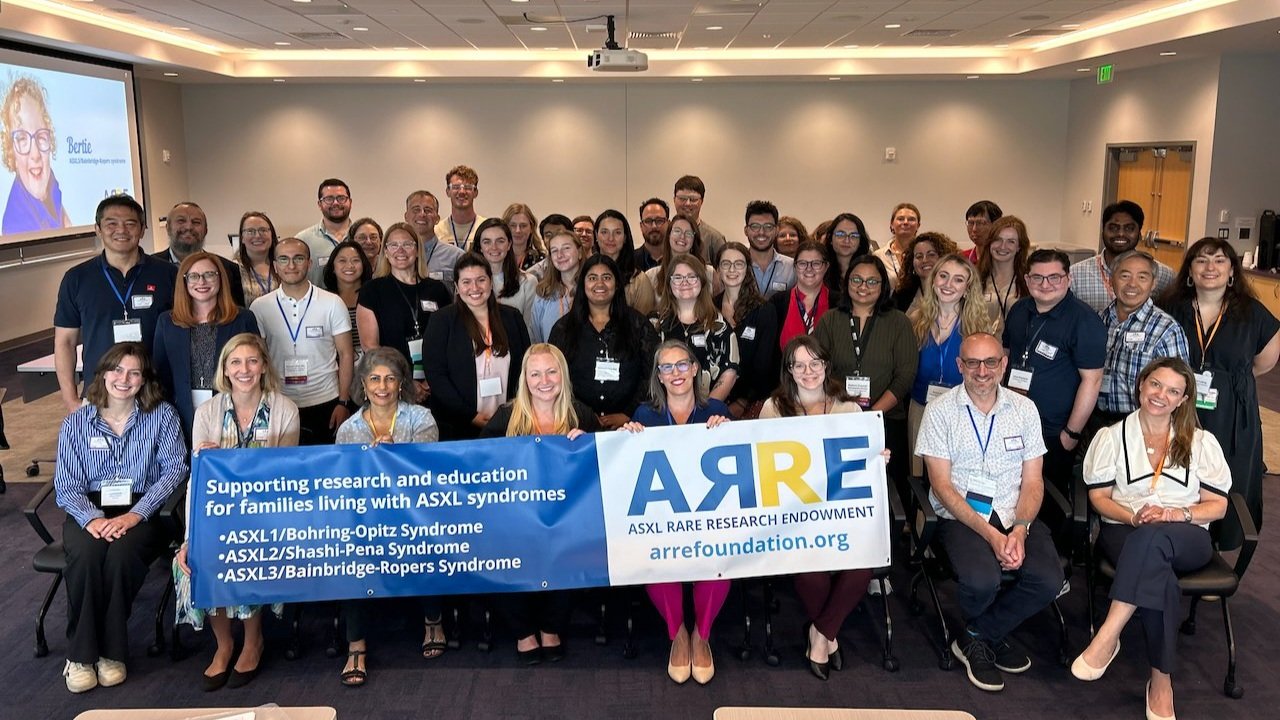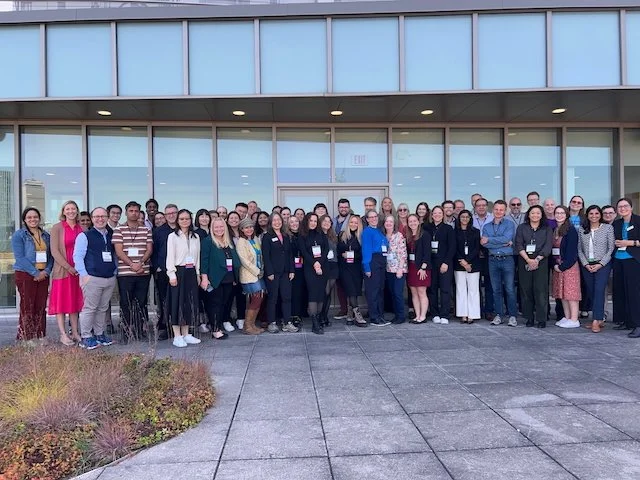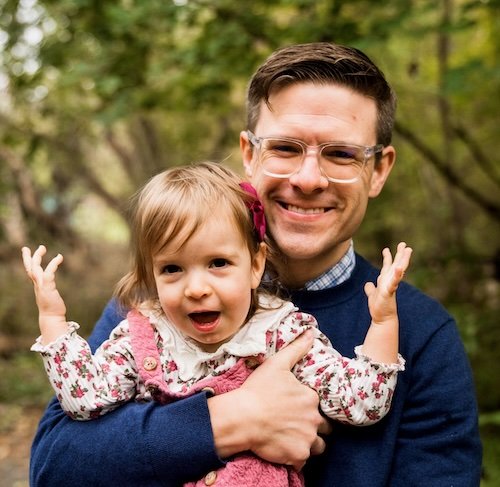
2026 ASXL Research Symposium program
Thursday, June 25 - Friday, June 26, 2026
Sheraton Ann Arbor
Ann Arbor, Michigan, U.S.A.
Venue information
The annual ASXL Research Symposium brings together scientists and clinicians from around the world to drive ASXL research forward. This meeting seeks to build and support a foundation of research upon which therapeutic treatments and standards of care can be developed for ASXL-related disorders. This highly collaborative and intimate meeting cultivates new collaborations and facilitates the sharing of data, knowledge, reagents, and resources.
This portion of the meeting is for scientists, doctors, and research professionals. ASXL Family Conference programming begins the evening of Friday, June 26.
Schedule at a glance
Tentative and subject to change; full program details forthcoming
Thursday, June 25
8:30am-6:30pm
Molecular mechanisms
Developmental models
Poster session and reception
Friday, June 26
8:15am-5pm
Clinical updates in ASXL-related disorders
Outcome measures and clinical trial readiness
Workshops
Afternoon/evening: Transition to ASXL Family Conference, including ASXL Community Celebration Dinner
Past ASXL Research Symposia
-

2025 ASXL Research Symposium
-

2024 ASXL Research Symposium
Not just a scientific meeting
You can contribute to improving the lives of hundreds of families living with ASXL-related disorders by attending the ASXL Research Symposium. There are so many unanswered questions — and we need your help to answer them.
ASXL Research Symposium Program Committee
-

Valerie Arboleda, MD, PhD
UCLA
-

Stephanie Bielas, PhD
University of Michigan
-

Eric Conway, PhD
University College Dublin
-

Rob Illingworth, PhD
University of Edinburgh
-

Natasha N. Ludwig, PhD
Kennedy Krieger Institute and Johns Hopkins University School of Medicine
-

Cory Rillahan, MD, PhD
Dana Farber Cancer Institute
-

Bianca Russell, MD
UCLA
-

Wen-Hann Tan, BMBS
Boston Children’s Hospital
